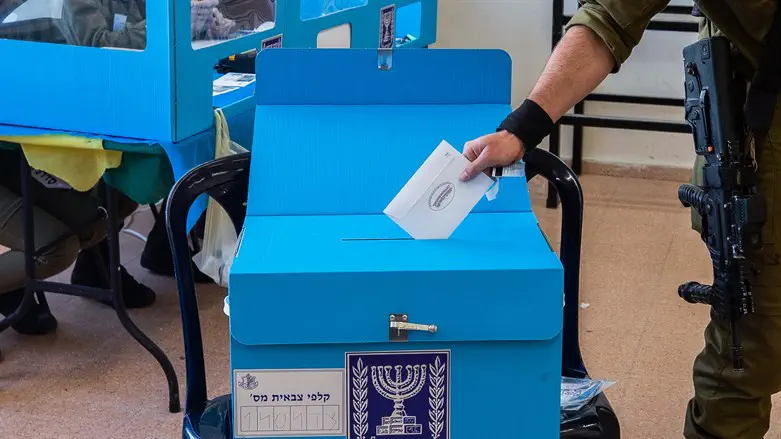
Recent trends in political engagement, particularly among young voters in Israel, mirror broader global trends around electoral apathy.
A study from the UK by Prograd, a free money-making site for students, highlighted that nearly half of young voters in the UK are likely to abstain from voting, a sentiment that resonates with the youth in Israel amid ongoing political instability and a series of inconclusive elections.
A Cycle of Elections
Israel has experienced an unprecedented sequence of five elections in just four years, a testament to the deep political divisions and the inability of any party to secure a stable coalition.
The 2022 election, marking the fifth in this series, saw a coalition formation led by Benjamin Netanyahu, solidifying a government despite the fragmented political landscape. This period of political deadlock reflects a system struggling to capture and represent the diverse views of its electorate, including the disillusioned youth.
Voter Turnout: A Closer Look
Voter turnout figures from recent Israeli elections reveal an interesting picture. The 2022 elections saw a turnout of 70.6% among all voters, with Arab/Druze voters participating at a rate of 53.2%.
These numbers, while indicative of a relatively high engagement overall, mask the varying levels of participation among different demographics, including the youth, whose turnout and political preferences could significantly sway election outcomes.
The Youth's Voice in Political Discourse
The Israel Democracy Institute's analysis of the 2022 elections emphasizes the almost even split between the Netanyahu bloc and the anti-Netanyahu bloc, highlighting the potential power of young voters to tip the scales in future elections.
The balance of power shows the importance for political parties to address the concerns and aspirations of the youth more effectively.
Policy Priorities for Young Israelis
Drawing parallels with the UK study, economic issues such as lowering student loans, enhancing sustainability, and reducing national insurance contributions emerge as significant concerns for young voters in Israel.
These priorities reflect a desire for policies that address immediate financial pressures and long-term environmental challenges, areas where political parties could gain traction among young electorates by aligning their platforms more closely with these concerns.
Not to mention, many young Israelis will likely have been deeply affected by the war in Gaza, with policy around Palestinian Arab populations likely to sway their opinion.
Conclusion
As Israel navigates through its political complexities and gears up for a 2026 election, the engagement, or lack thereof, of young voters will undoubtedly play a critical role in shaping its future direction. The lessons from the UK, combined with Israel's unique political challenges, show the importance of revitalizing democratic participation among the youth.
By offering policies that resonate with their priorities and addressing the systemic issues that contribute to electoral apathy, political parties have the opportunity to re-engage this crucial demographic, potentially altering the course of Israeli politics in the process.